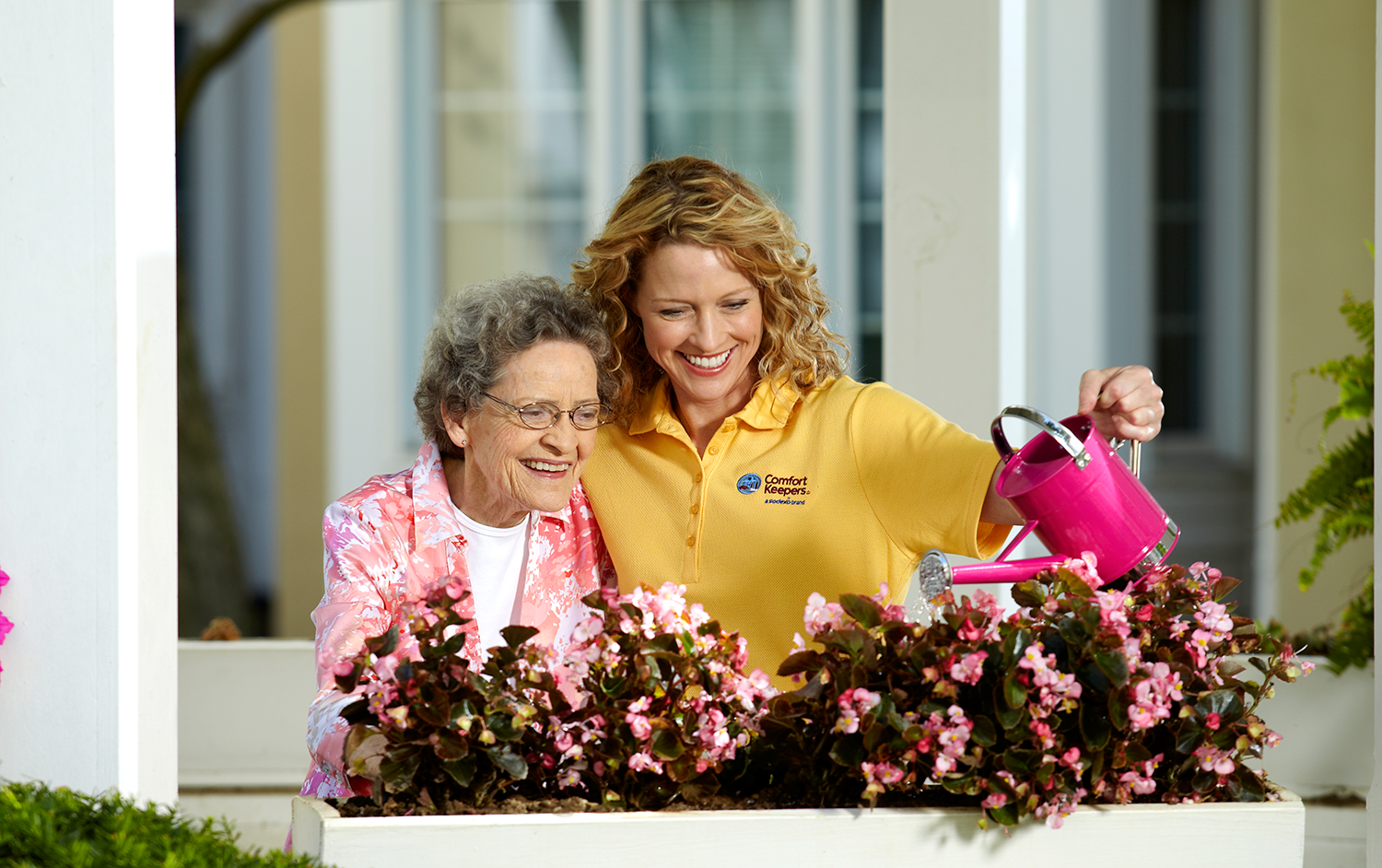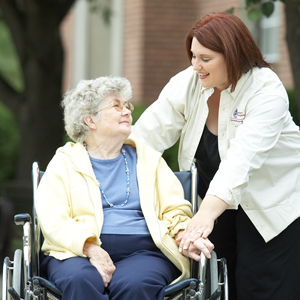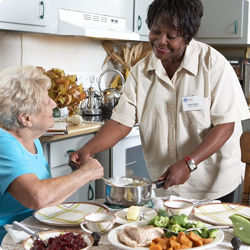Canadian Cannabis and Seniors: Legalization Is on The Horizon & Seniors Are Considering the Benefits
Blog | June 19, 2018
Canadian Cannabis and Seniors | Many ailing seniors across North America regularly seek effective treatments for their debilitating diseases and discomforts. While pharmaceuticals are often the first to get prescribed, many of them are actively requesting and consuming alternatives to medicines like opioids or narcotics, including cannabis.
Cannabis use has always been a hot topic, but recent conversations show that societal acceptance of its consumption is increasing, especially as Canada inches its way closer to legalization. While many citizens are delighted with its recreational ingestion, seniors and those who suffer from chronic pain and illness are reveling in its other benefits.
This positive reaction to the statistically-sound healing herb is evident in some recent studies and observations among our ripened population. The effects are even starting to trickle down into long-term care facilities (LTCF) and among caregivers, with many adopting new practices and regulations around marijuana administration and possession based on patient requests. Many caregivers will even prepare the dose for those who have mobility issues in their hands.
The legal leniency – not just in Canada, but across the continent – is shifting perceptions of the medicinal and recreational drug and is, quite frankly, scaring Big Pharma in the process. As more ailing seniors start to take ownership of their painful and dangerous conditions – depression, Alzheimer’s, stiff and aching joints, Parkinson’s Disease, high blood pressure, inflammation, cancer and its accompanying side effect, loss of appetite – with cannabis, fewer prescriptions are being filled for potentially.
According to some studies, cannabis use among seniors has been steadily rising. One Israeli study reported that of 2,736 survey participants over the age of 65 who use cannabis, 66.6% use it to help with pain and 60.8% use it to treat the side effects of cancer. Out of those respondents, 93.7% agreed that their conditions had improved with cannabis and 18.1% decided to abandon or reduce their use of opioids after six months.
Canadian Cannabis and Seniors: What Does This Mean for Ailing Seniors?
Research is very indicative that cannabis could be a sound replacement for many potent and potentially harmful prescription drugs, making cannabis a great alternative. With 92% of ailing seniors agreeing that they prefer cannabis to treat their condition, opioids may be on the out. Caregivers, nursing homes, and LTCFs could see an influx of the drug within their field, resulting in the implementation of new skills, such as preparation methods in tea.
How Can Cannabis Benefit Seniors?
- Decrease symptoms & side effects of diseases and illnesses, such as dementia or cancer
- Treats insomnia, promoting sleep and relaxation
- Improve mental health and overall quality of life
- Lower blood pressure and reduced hypertension
- Less pain associated with stiff joints
- Supports a healthier body weight
As cannabis inches its way closer to legalization and into the hands of ailing seniors, it’s likely that the older demographer will be enjoying the benefits of cannabis more regularly.
Comfort Keepers® Georgian Triangle Can Help Understand Canadian Cannabis and Seniors
If you are concerned about the health and wellbeing of your aging loved ones we can help. Comfort Keepers®’ trained homecare caregivers help provide senior clients with the highest quality of life possible to keep them happy and healthy at home. Our Interactive Caregiving™ provides a system of care that addresses safety, nutrition, mind, body, and activities of daily living (ADLs).
What’s more, our trained caregivers are selected with one specific quality in mind: empathy. Care that is empathetic is care that starts in the heart, and it allows us to meet our client’s exact needs. Learn more about our unique service offering by contacting the Comfort Keepers Georgian Triangle office.
If you live in the Collingwood, Midland, Owen Sound area, contact Comfort Keepers at (705) 293-5553, or email us at georgiantriangle@comfortkeepers.ca for the best possible homecare from a reputable elder care agency.
Comfort Keepers Georgian Triangle is here to help you and your loved ones get the best care possible.
Comfort Keepers Georgian Triangle has received the Primer Award with Accreditation Canada; Working with health, social, and community service organizations to advance quality and safety.
Individualized Home Care Options
Long-Term Home Care, 24 Hour Home Care & Short Term Care Options Customized for You







